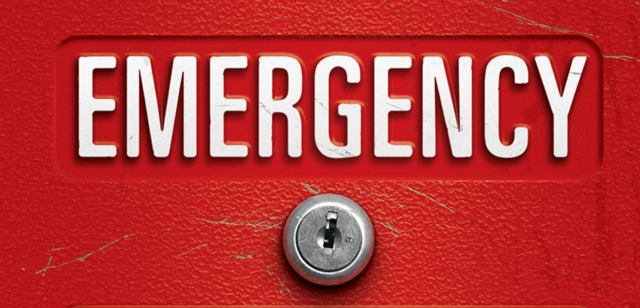Credit Cards in Malaysia offer a host of benefits and rewards - but are you really making full use of what you've been given?
Credit Cards come with a host of benefits in Malaysia. Unlike their counterparts in many other countries (which do not offer perks at all!), we're pretty lucky.
Cards here come complete with merchant discounts, reward points, free services, and cashback to entice users to spend. But many users forget to use their credit card benefits, wasting tonnes of money-saving perks every year.
Have you neglected reading the benefit brochures or bank website? Check out some of the most common benefits tied to credit cards that you could have been missing out on.
Free Services
Few people realise that many credit cards come with some completely free services. These include free travel insurance, entrance into plaza premium lounges, free night stays at select hotels*, cab rides from the airport, golfing green fees, and concierge services if you are overseas.
These services are completely free but often come with some requirements and are capped per year but you still can save a good amount by making use of them.
*Free night stays are usually earned if you purchase a requisite number of nights with the same hotel on your card.
Retail Discounts
You've probably seen those signs at retail or restaurant counters - discounts if you use X or Y credit card. The sign is only the tip of the iceberg. Every bank in Malaysia will offer discounts at retail stores and restaurants but because there are so many - countertops won't display all the participating banks.
Some banks admittedly have more participating merchants than others but it's always worth a try to find out if the stores you frequent are tied into one of the bank credit cards you use. To find out, best to check the bank website or contact them for a full brochure of retail discounts. Retail cashiers are not always clued in to all promotions so best to go back to the source.
Tip: Many retail cashiers are overworked and keying in bank discounts is low on their list of priorities. To make sure you get the discount you are entitled to - remind them about it before allowing them to swipe your card.
Passes and Priority Service
Credit card companies often team up with entertainment venues such as movie theatres, recreational centres (bowling, archery, futsal, etc), and select concerts. This gives cardholders priority lanes for booking and purchase of tickets or choice pick of VIP passes.
If you are keen on attending an event, concert, movie or simply have a fun time at an entertainment centre - keep your eyes peeled for bank logos. Some entertainment credit cards offer these benefits all year round, in which case, a call to the bank is all you need.
Reward Point Redemption
Reward points often go unused as many cardholders don't pay much attention to how many points they have or unwittingly believe that redemption is a hassle. This is no longer true.
Banks today offer the convenience of even paying for purchases with points alone at select retail stores or allowing you to redeem vouchers, items, or offset your card balance with a simple redemption phone call.
Do keep an eye out for reward point expiry dates as not all points are evergreen. You don't want to miss the chance to redeem free stuff!
Cashback
We left cashback for last because it is usually a perk that is automated and you don't really have to do anything to redeem. However, you could maximise your cashback returns if you pay attention to the fine print.
Check cap amounts, peak days, or merchants where you earn more cashback. If you follow the schedule - you could earn up to your capped amount of cashback faster.
How to Maximise Your Benefits
It's great that we've listed these benefits for you, you think - but how in the world do you go about using them? It all sounds much too complicated!
In truth, it isn't. There are only a few steps required before you are on your way to free stuff from your card all year round! Whip out your trusted cards and go through these steps to find out if you're really using them for all they're worth.
1) Peruse the bank website. Almost all bank websites will feature a page with the list of benefits they offer. For card-specific benefits, you will need to look up your particular card on the bank website. For general bank retail discounts - do a quick search on the site for the page on retail discounts and promotions.
2) Check your statements. Your statement doesn't just tell you the amount you owe the bank - it also carries featured merchant ads, your reward point balance, and often comes packaged with a brochure of benefits. If you've switched to e-statement, you can still find your reward point balance on it but you will need to do the next step for the discounts.
3) Contact your bank. If you didn't receive a brochure or have lost the one you did - give your bank a call and ask them if they would be so kind as to send the brochure to your registered address. You can also call them if you are planning a particular visit to a restaurant, hotel, or merchant and would like to know if any deals exist.
4) Check your email and spam box. Banks often send emails to users when select promos are ongoing. These are usually the bigger promos with more prominent merchants but it could just be the merchant you frequent. Keep your eyes peeled when these emails come in so you don't miss another promo.
Source: https://ringgitplus.com/en/blog/Credit-Cards/Are-You-Maximising-Your-Credit-Card-Benefits.html












